Link building is one of the most controversial areas of SEO.
We all know what Google Guidelines tell us but as practice shows, blindly following the instructions may not get you anywhere.
The thing is, you still need to have links pointing to your website to prove to search engines it’s worthy – and the number may vary depending on the business niche.
Now, surely you can get some backlinks naturally, but that may not be quite enough.
Besides, even natural links tend to vanish over time.
That’s why link building exists.
It’s a tough game with no strict rules and no one-size-fits-all strategy for everyone.
There is always some room for interpretation in link building, and decisions are based not so much on the dogma, but on experience.
Advertisement
Continue Reading Below
Since absolutely every website in the world is fighting for links, the community of link-building specialists unites people from all over the globe and women are a particularly powerful part of this community.
For this article, we reached out to nine women who are link building pros and asked them to share their experiences and perspectives on the most controversial issues in their area of expertise.
Please welcome these SEO and marketing pros who are helping us crack some of the most difficult questions about link building.
What Makes a Link Good or Bad?
Google tells us the following about tje general principle it uses for differentiating good and bad links:
“Keep in mind that our algorithms can distinguish natural links from unnatural links. Natural links to your site develop as part of the dynamic nature of the web when other sites find your content valuable and think it would be helpful for their visitors. Unnatural links to your site are placed there specifically to make your site look more popular to search engines.”
Advertisement
Continue Reading Below
All plain and clear, right? Well, many SEO professionals claim that it’s not that simple.
There are not just good and bad links; there are perfect and ugly ones, too.
Perfect Link
- Comes from a site that is well-groomed, authoritative, and relevant to your niche.
- Provides direct value for users.
- Brings quality referral traffic.
- Helps you build authority in your niche.
- Sparks a desire to click on it.
Like all the other perfect things, perfect links are rare and extremely hard to get.
So most of the links we are normally hunting are just good.
Good Link
- Placed on a relatively strong domain.
- Its donor is more or less thematically related to your niche.
- Looks natural in the context of the webpage.
- Provides value to you and serves the purpose of your campaign.
Interestingly, when we asked the participants of our roundtable whether a link presents value if nobody clicks on it, they unanimously said, “Yes!”
Behavioral factors are not the only ones that matter for search rankings, despite the fact that Google might take into account the potential of a link for getting clicks.
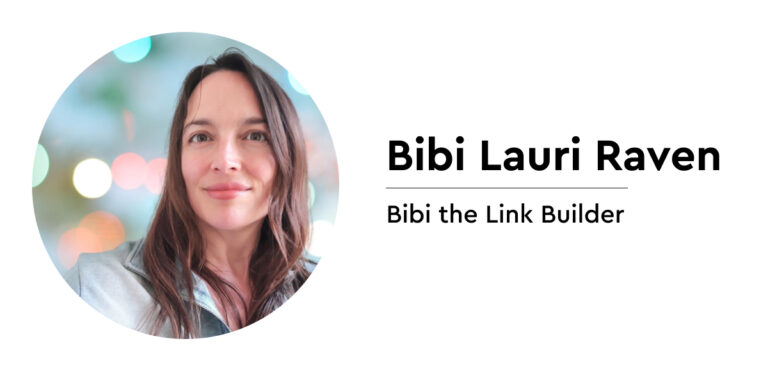
Bibi Lauri Raven puts it this way:
“A good link is one that helps you reach your goals, no matter what those goals are.
For instance, if your goal is to rank on a specific keyword in the short term, and you don’t care about any long-term consequences, spammy links could be considered good links, because they could give you quick results.
But for the long-term perspective, you’ll have to qualify the link as a bad one, as it could increase your risks of losing that ranking.”
Advertisement
Continue Reading Below
Conversely, a bad link is the one that prevents you from reaching your goals.
What other signs tell us that a link is bad?
Bad Link
- Associates you with a low-quality website.
- Has nothing to do with your niche.
- Looks forced and/or irrelevant.
- The sentence would lose nothing without this link – it’s a bad link.
- It brings no value to you.
- Looks (or is) commercial.
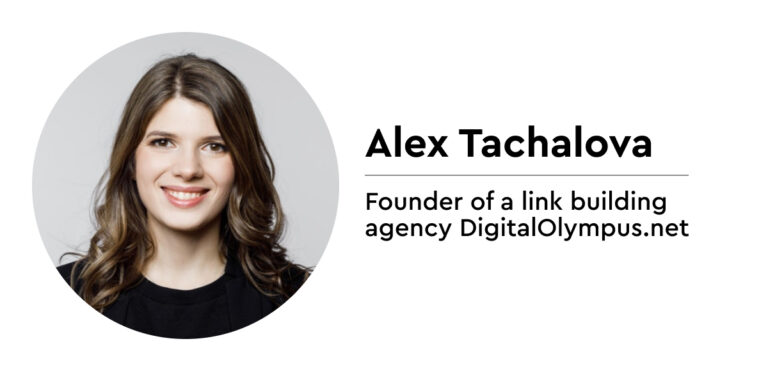
According to Alex Tachalova, the most important question when evaluating the quality of any link is: Will this link show growth in its value over time or not?
The issue is that when you get links from mediocre and low-quality sites, you’re solving a problem with the link gap only for today, while tomorrow this link won’t be helping you anymore.
Advertisement
Continue Reading Below
However, there are things that are much worse than this. Here, we come to links that are downright ugly.
Ugly Link
- Comes from a link farm.
- It’s completely uncontrollable and spammy.
- There are tons of them!
Such links are not simply useless, they are harmful and can put you at risk of a Google penalty.
The discussion around the quality of links can be summed up by the following: it depends on your campaign and your goals what links are good or bad.
For local businesses, links from multiple directories can be really useful. However, for others, they might not be as relevant.
Any strategic solution should be backed up by analytics.
There’s nothing bad in experimenting, so try different techniques and see what works for you best.
However, avoid building ugly links that may cause you much more trouble than they’re worth.
Advertisement
Continue Reading Below
Metrics You Should Take Into Account When Choosing a Donor Domain
Even when you’ve developed a firm understanding of a good and bad link, you need a list of certain parameters that will help you decide whether the donor is worth the efforts.
Nearly all of our experts recommended taking a closer look at the following:
- How relevant the website is to your niche? (If you are selling dog food, you would hardly need a link from a site specializing in pump motors.)
- Does the website look like a real one? Can you identify the authors of the articles, and does it post new content regularly? Generally, does it look like someone takes care of it?
- How much organic traffic it attracts from the keywords you are interested in (both brand queries or commercial keywords). You can check this parameter using special tools, for example, with SE Ranking’s Competitive Research tool.
- How authoritative is the website? This is not in terms of the number of links, but how good and relevant those links are that the domain has acquired in recent months. Yes, you should look at its backlink profile.
- What kind of traffic dynamics does this domain have? Are there any weirdly sudden dips and spikes? Sudden drops may indicate that the website was under the penalty, and sudden jumps may be a signal of artificially driven traffic.
At the same time, there are metrics that are commonly accepted but (according to our contributors) don’t actually have a significant impact on SEO.
Domain Rating and Domain Authority make this list.
Alex Khilova points out that DR can be manipulated, and the ratio of inbound and outbound links (the basis of DA) doesn’t always give an objective evaluation of the referring domain.
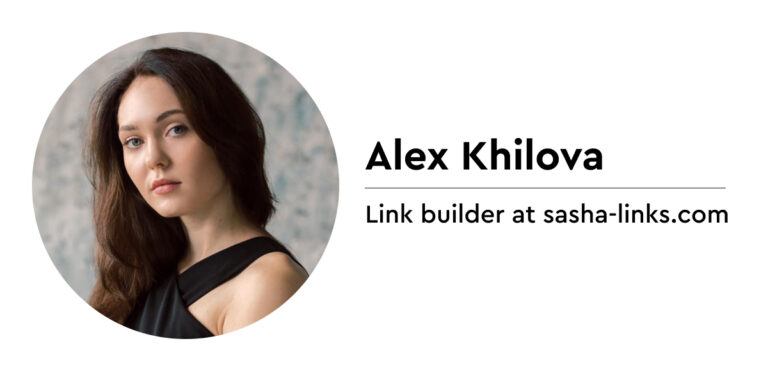
The main takeaway of the discussion about proper donor metrics is the following: there is no number that will tell you right away whether a certain website is your perfect match.
Advertisement
Continue Reading Below
Today, metrics are interpreted in a broad sense as the quality of a domain measured by different parameters.
You will have to pay attention to different aspects of the website and, in a way, build your own metric system.
Now let’s dig into more specific, yes-or-no questions.
Should You Replace Lost Links?
If you deal with backlinks, you might have experienced the issue of seeing your links disappearing.
The common perspective of our experts on this matter can be summed up in a short answer: Don’t replace backlinks unless they are really good ones.
For a “really good link,” you should evaluate your chances to restore it.
If you have the contact information for a webmaster or editor of the donor site, try to get in touch with them.
If a really good link is gone forever, don’t cry for it. You’ll build new ones.
Is Astroturfing (Forum Links, Comments) a Good Way of Building Links?
Astroturfing in link building is the practice of trying to spread the word about your business by leaving comments on forums, blogs, social media, etc.
Advertisement
Continue Reading Below
It is jumping into any kind of discussion relevant to your niche.
Forum links are usually pretty easy to build, which is why there are normally tons of them.
According to our experts, whether you can take advantage of crowd marketing depends on your niche.

Ann Smarty claims that it’s more difficult for local brick-and-mortar businesses to benefit from astroturfing.
However, for businesses that sell online to multiple areas or even globally, crowd marketing can be an efficient way of spreading the info about your product or services.
Advertisement
Continue Reading Below
Mind, though, that such links can be of a different quality.
For example, links from half-legal forums can just spam your domain’s backlink profile.
At the same time, there are never too many crowd links from relevant threads of Quora or Reddit.
To put it shortly, yes, crowd marketing can bring benefits.
However, you need to measure its effect inside your particular niche and try to make it look natural and nice.
Are Press Releases Useful for Acquiring Links?
Jen Cornwell summed up the general consensus of our women link building experts in saying that press releases don’t apply to every campaign, but are still a great tool.
She gives an example of her client with a small local business whose press releases picked up across the country.
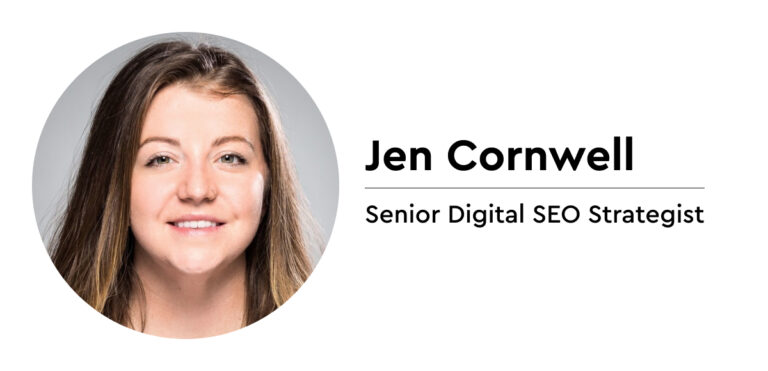
As a rule of thumb, a press release works when it’s real news.
Advertisement
Continue Reading Below
Then they can be picked up by reputable media, which serves both PR and SEO goals.
If you’ve already built up the authority of your company and people know about it, you can release news about whom you’ve hired or fired.
However, in most cases, nobody cares about internal news like this.
Likewise, your new products or features would hardly make a splash in the news unless your name is well-known already.
Keep in mind that no-real-news press releases can be published only on the special submit platforms.
Google often perceives them as spammy, so such links can actually harm the perfect balance of your backlink profile.
So, if you have real news, go for it. If not – try something other than a press release.
To Disavow or Not to Disavow?
Let’s imagine you suddenly discovered a bunch of spammy links in your profile.
Should you submit a disavow file to Google?
Most of the specialists in our roundtable noticed that now they are disavowing much less frequently than before.
Advertisement
Continue Reading Below
And the general tendency is the following: the higher the competition is, the more spammy links you get, and the more of them you have to reject.
Helen Pollitt shares the principle she uses:
I don’t tend to disavow links unless I can see a pattern of the site breaking search engine guidelines, or if a site has already suffered a manual action for its link-building manipulation, then disavow will likely be necessary.
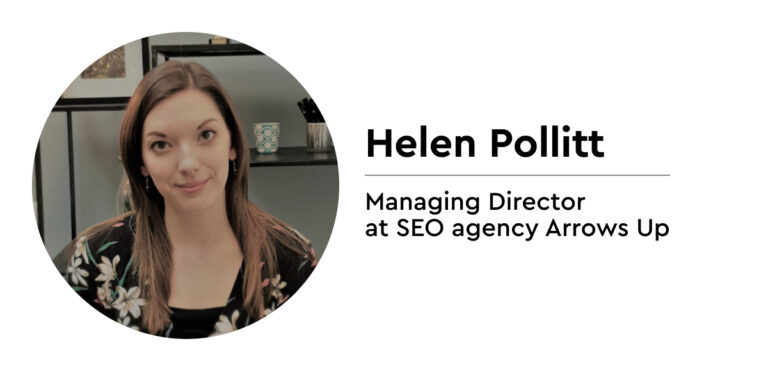
Like with most other decisions in link building, you should choose whether to disavow or not depending on your niche and particular qualities of links.
Advertisement
Continue Reading Below
If they are obviously spammy and potentially harmful – you should consider wrapping them up in a disavow file.
Does It Matter if You Place a Link in a Commercial and a Free Blog?
Google probably knows the difference between paid and free blog posts. If a website has a Write for us page, for example, search engines may recognize your posts as paid.
However, it’s not necessarily a negative signal.
If your content is good and the website is relevant, it doesn’t really matter that you paid money to get it published.
Google won’t immediately think that your content is useless and all the links it contains are bad (although sometimes you can get a manual penalty for trying to manipulate Google with sponsored links).
One of the cases Alex Khilova shared was about using commercial anchors at news platforms. The website was penalized for that, but as soon as they changed the commercial anchors to brand ones, the ban was lifted.
Advertisement
Continue Reading Below
That is why it is crucial to put a “sponsored” tag for commercial links and watch the share of such links in your backlink profile.
So the answer is – not really unless you don’t mess with it too much.
Is There a Fine Line Between SEO and PR?
The more we talk about link building, the more we hear about “finding a perfect publisher,” “creating great content,” “placing a link in a nice context,” “getting in touch with the editor,” and so forth.
It all sounds pretty close to what we are used to calling PR.
We asked our experts about whether SEO and PR are related and got completely different answers!
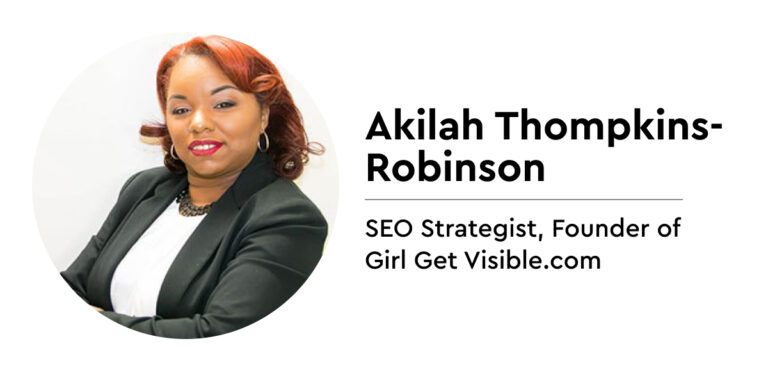
Akilah Thompkins-Robinson claims that PR and SEO pursue rather different goals.
Advertisement
Continue Reading Below
PR benefits from large publications without dofollow links, while SEO doesn’t get anything from the temporary buzz.
I work mostly with entrepreneurs who are also building personal brands. For them, PR is more important because they want great links to be in the SERPs when someone searches their name.
However, most businesses aren’t being searched for their name first; they are being searched by the service they provide or location they are in.
In those cases, they need good backlinks to jump up in the ranks because if they aren’t getting ranked, they aren’t seeing the benefits of the PR work.
Meanwhile, Mindy Weinstein believes that PR is a big part of link building:
I often work alongside publicists in securing links for my clients. It’s important to step back and look at the big picture.
We want links because that is one of many factors in the ranking algorithm and consequently can help us rank higher in search results.
Therefore, we get more exposure and build credibility. PR is also all about exposure and credibility.
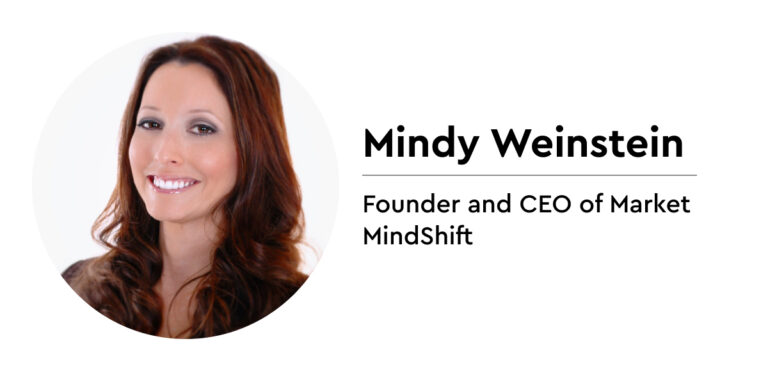
Curiously, the truth is a little of both.
Advertisement
Continue Reading Below
PR involves a lot of work with media and publishers, which is for the most part also a work of outreach.
Good contacts are valuable for both areas. However, PR requires creating a story for pitching to the media while a link builder can get a link from any existing page.
Our experts also shared some creative ways of getting in touch with editors and webmasters.
Among them is visiting relevant rooms in Clubhouse and, if you are really determined to get that link, calling the business number on the site and mentioning you found an error that needs to be corrected.
Cool and crazy! Just like we love it.
Also, SEO can benefit from PR because it helps get links from authoritative popular websites.
Unfortunately, it does not work vice versa. Not every SEO link brings PR value to the company.
Thus, the final answer is double-sided: on the one hand, a good PR opportunity doesn’t always equate to SEO value. On the other, it’s all marketing in the end.
Advertisement
Continue Reading Below
The best route is to try to coordinate your SEO and PR efforts, rather than proving the priority of one over the other.
What’s the Best Way of Getting Links: Hiring an Agency or Building an In-House Team?
(Once again) it depends on your niche and your goals.
The more competitive your market, the more control you need over the links. This can be secured only by in-house specialists.
Marya Kazakova is confident that if a product or service is complex, requiring a long onboarding and a certain way of positioning it, it’s much easier to work with your own team.
Thus, engagement grows and you can nurture a deep knowledge of your niche.
It’s a treasure in terms of value for pursuing link-building goals.
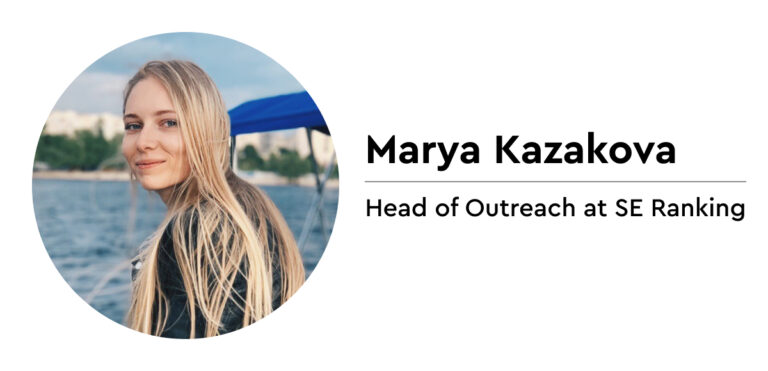
This doesn’t mean that engaging third-party specialists is bad! Not at all.
Advertisement
Continue Reading Below
All of the experts contributing to this article have had experience with both hiring outsourced people and growing their own team.
If you don’t have resources for building your own team right now but feel like not coping with all the work, hiring a part-time freelancer could be an ideal decision for you.
The most important thing, underlined by all our contributors, is that building links means building relationships.
Try to obtain industry contacts, reach out to specialists in your market, and offer cross-marketing moves or any kind of win-win collaboration.
There’s a big chance that through networking, you’ll get to know trustworthy freelancers, agencies, or even people fit for hire.
Make sure that you are not collaborating with link exchange platforms, networks, or link farms, though. These relationships can have implications for your brand.
If HBO Made a TV Show on Link Building, What It Would Be Like?
Our SEO pros really unleashed their inner Aarons Sorkins with this one.
Advertisement
Continue Reading Below
Jen Cornwell offered a remake of Groundhog Day. In this version, Bill Murray’s character Phil would be trying to make black-hat tactics work but failing.
An amazing article submitted to a great media outlet would become a game-changer. He’d manage to break a time loop while expecting (with no high hopes, really!) for the traffic to get growing.
Alex Tachalova developed an idea of the whole new world of link building where everything is upside down.
In a new reality, good links will be considered bad ones, while links from low-quality sites will be the best of the best. Also, one of the main characters will be a crazy Black-White Hatter, who used to remember what the good link is, but he forgot.
The main character would have to go through all of the struggles and bring the link building world back on track by finding the way to unlock the crazy Black-White Hatter’s memory.
Ann Smarty is sure that such a TV-show would be definitely about superpowers because you really need those to get good links!
Advertisement
Continue Reading Below
There will be a chosen few who can make magic happen and the majority of people trying to fake it.
Bibi Lauri Raven insists on the show with a lot of gore in it: zombies, interdimensional travel, mythical monsters, drag queens, and tons of puns.
It would be called something like “The Splendid Adventures of Amber Poole,” starring Aleyda Solis as the protagonist.
Craig Campbell would be the prankster; a sort of Loki figure messing everyone up.
Google would be this type of Sauron-eye-thing, turning everyone into zombies.
Everyone would basically be trying to murder everyone (which has nothing to do with real-life link building experience! Just saying.).
Helen Pollitt is also certain that such a show would have to uncover the shady side of link building.
Hopefully, it would help teach everyone who watched it what SEO is because all the specialists are fed up with trying to explain it to their friends and family.
Alex Khilova went a completely different path choosing the setting of the XVIII century French Revolution. The army would run into a battle for top rankings.
Advertisement
Continue Reading Below
It would endure defeats and celebrate their victories. The soldiers, of course, would never give up and accompany their quest with an uplifting motif of an adapted verse of La Marseillaise:
To arms, Linkbuilder!
Form your battalions,
Come on, come on!
Let our websites and posts
Be enriched with a traffic flow!
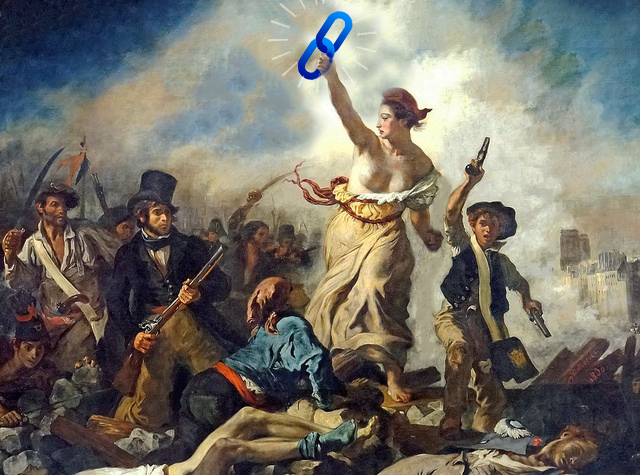
As you can see, link building can be much more exciting than most people can imagine.
Advertisement
Continue Reading Below
Although it involves a lot of routine work (choosing donors, monitoring spammy links, pitching articles, reaching out to webmasters), it is also about strategic thinking and risky decisions.
The more Google’s algorithms evolve, the more creative link builders have to become.
We hope this article has helped you gain some understanding of the link-building logic, even when it comes to really controversial questions.
Hopefully, you’ve also found a boost of inspiration and are ready to start the fight for the best links of the web.
Let your websites and posts be enriched with a traffic flow!
More Resources:
Image Credits
- All images provided by author.
 seolounge
seolounge